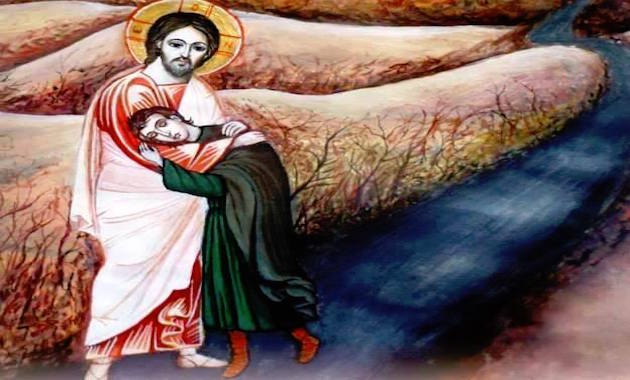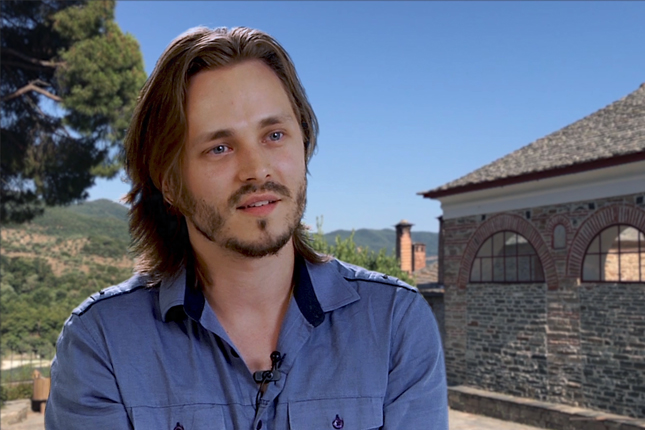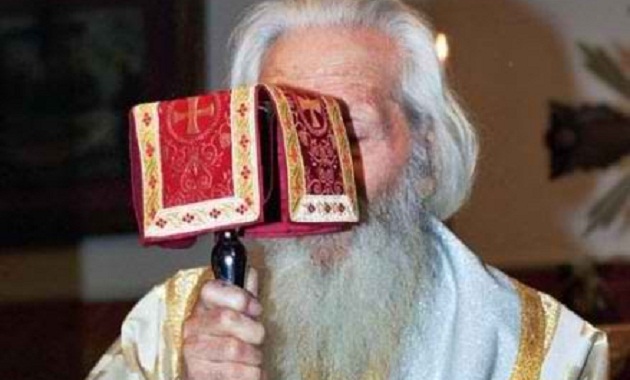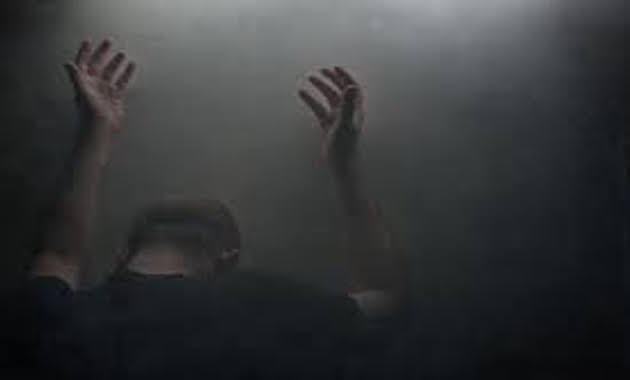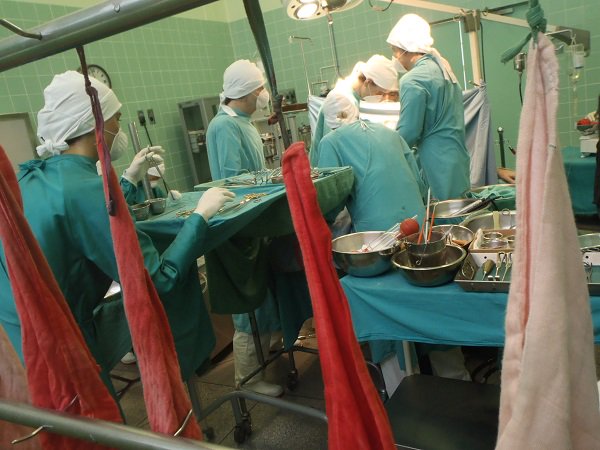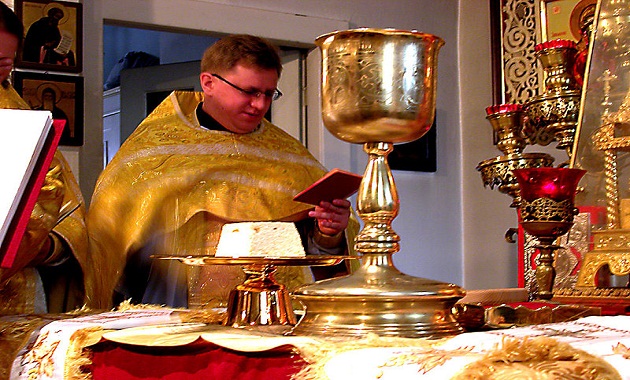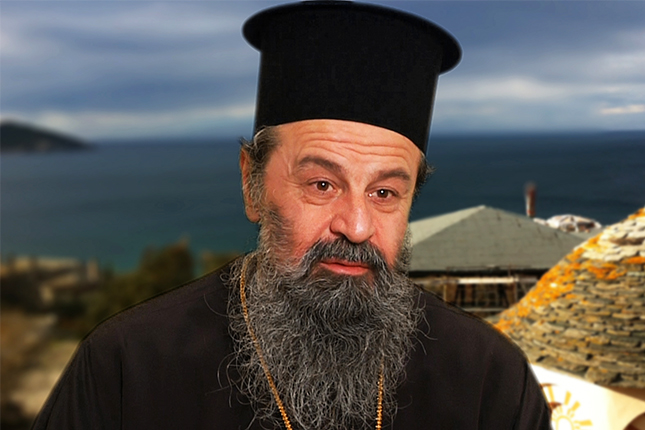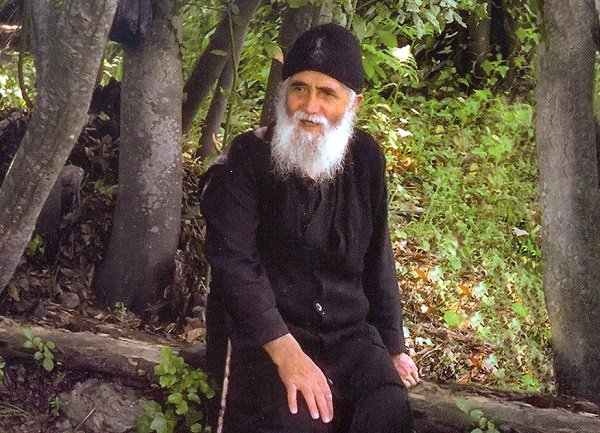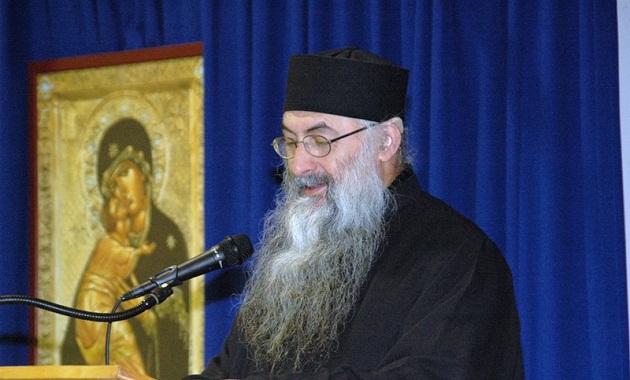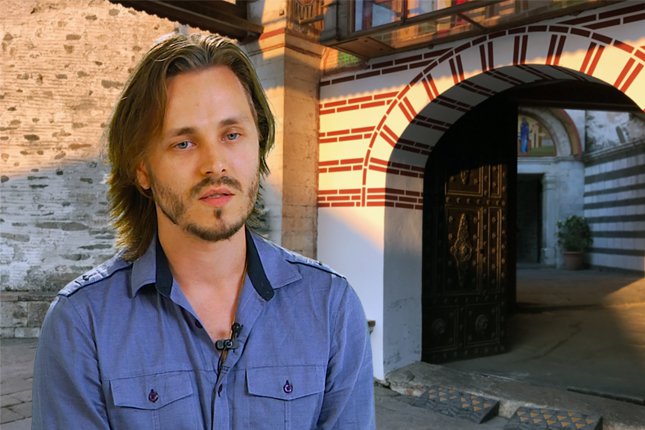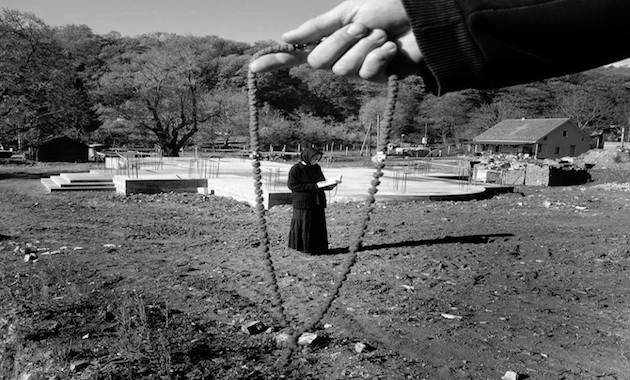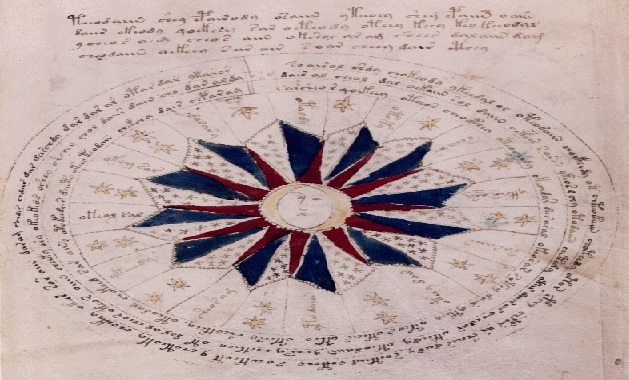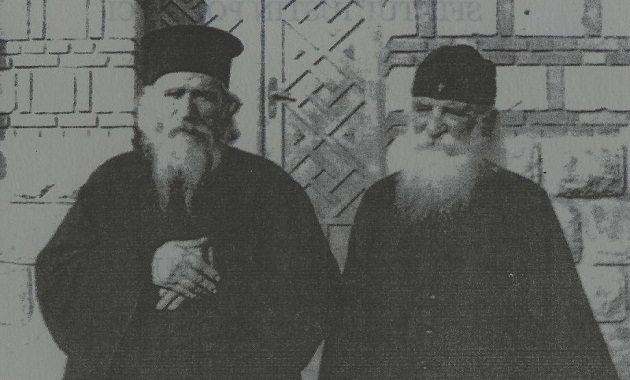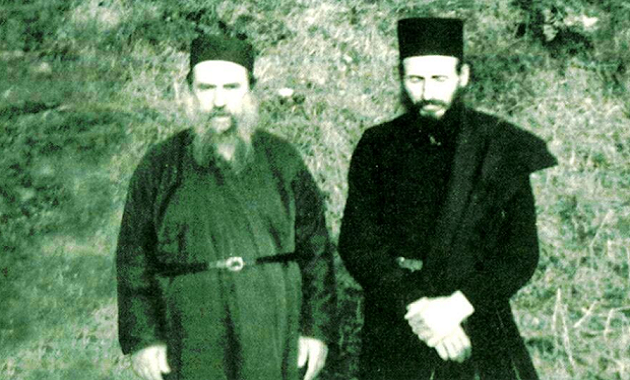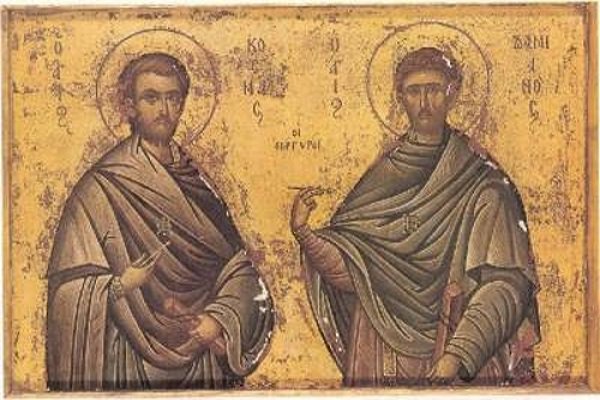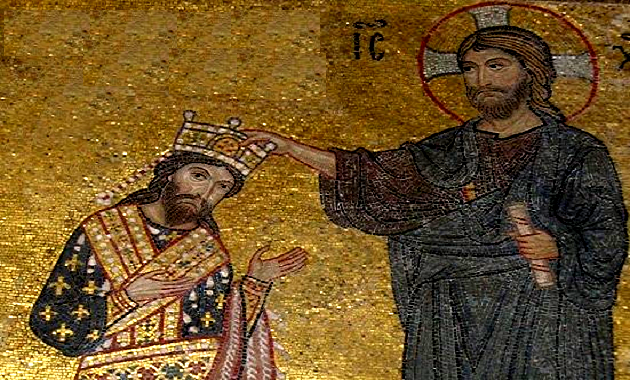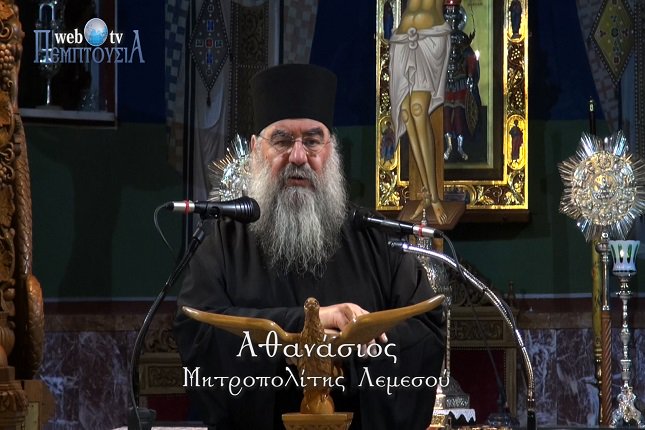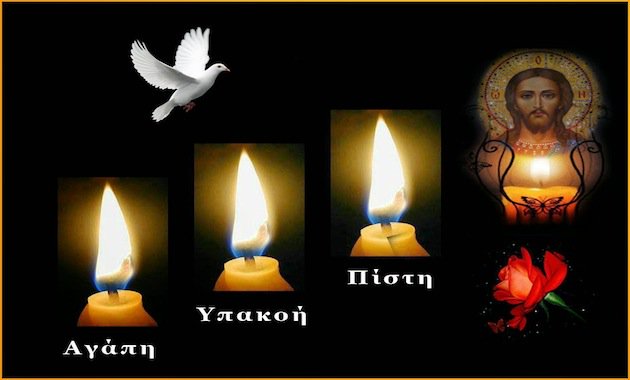5. According to the mystical interpreter Saint John of Damascus, in the human world the God-man, Christ, is "the only thing new under the sun."2 Indeed, this eternal news applies not only to His Theanthropic Presence but also to His Theanthropic Work and His Theanthropic Body, the Church. And man also is always new, eternally new, ("a new creation") in his theanthropic newness, in all his theanthropic experiences on the road to salvation, to sanctification, to transfiguration, to theosis, to becoming like the God-man. In this terrestrial world everything ages and everything dies.
St. Justin Popovich (right) together with Elder Cleopa of Romania - Chelije Monastery, 1977
Only the person who has embodied himself in the God-man and is becoming like ...
Περισσότερα
